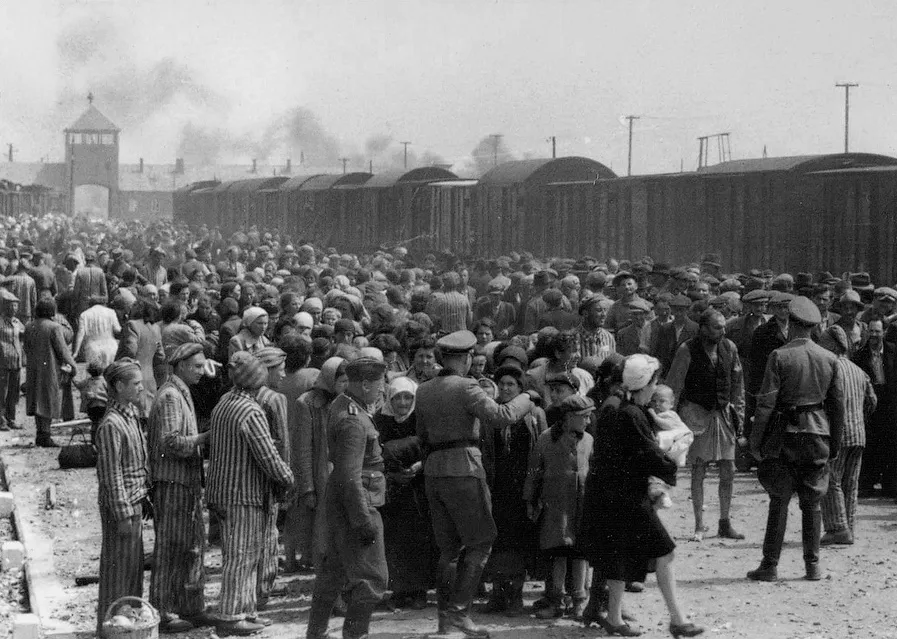Table of Contents
Correction: The original version of this article quoted Professor Joshua Landy. In fact, he was paraphrased, not quoted directly. The original version of this article also stated Stanford had yet to discontinue school funding to an off-campus event featuring Abdolkarim Soroush. In fact, Stanford had removed this subsidy before the original version of this article was published.
Last Tuesday, Structured Liberal Education (SLE), Stanford’s residential humanities program, invited renowned Iranian scholar Abdolkarim Soroush for a guest lecture on Rumi, a 13th century Persian Muslim poet. Although Professor Soroush spoke mostly on his area of expertise and Rumi’s book, Swallowing the Sun, his talk also vacillated between fact, opinion, and, unfortunately, anti-Semitism.
During the hour lecture, he orated eloquently, conveying the text’s unique quality in its original language and expressing clear knowledge of the topic being discussed. He was careful with his words, and having spent many years in the United States, was clearly fluent in English.
Two minutes before the lecture came to an end, however, Soroush was trying to give an example relevant to the question of ‘where was God?’ He answered his query with: “Think of the Holocaust; (pause) Supposedly, millions of Jews died; people say, ‘where was God?’”
Seeking clarification after class, I asked what he meant by the word “supposedly.” His response: “Let’s say 100,000, maybe one million.” At this point I could not raise my head. The group of twelve that stuck around to ask other questions remained silent, but I replied: “There is documented proof that six million Jews were killed by the Nazis in the Holocaust.” To which he stated: “I have heard the number; I don’t know about that number.”
Fudging the numbers of Jews killed is a common form of Holocaust denial, present in the rhetoric of anti-Semitic figures ranging from the Nation of Islam’s Louis Farrakhan, to author and once accepted historian David Irving.
Although SLE could not have known that Soroush would make these comments, and I certainly do not blame them for what was said, I felt they fell short in two parts. First, there should have been some sort of interruption, on an administrative level, an authority challenging authority, instead of a student challenging a professor’s claim after class. SLE director, Professor Joshua Landy, who was not there at the time, exchanged emails with Soroush asking him to recant his statements. According to Landy, Soroush's response was reluctant and unconvincing. Second, the following day, SLE arranged for discussion sections to fixate on the issue, with time allotted ranging from fifteen to forty-five minutes, but one section chose not to discuss Soroush's comments at all. Every section should have discussed the issue.
Thankfully, Landy and co-director Jeremy Sabol mentioned briefly that SLE doesn’t agree with the comments made by Soroush, and SLE has pulled Stanford-subsidized transportation to one of Soroush’s upcoming public lectures off-campus. Landy also said he will recommend that Soroush not be invited back to guest lecture next year.
In my discussion section, students born in the Middle East, or who had Middle Eastern parents, explained how Holocaust denial was a common occurrence and that the professor’s views were fairly representative of the anti-Semitic views they were taught as fact. Understanding the context for this Professor’s opinions in no way justifies such statements, but it does demand us to educate, so that we properly remember past atrocities and ensure, to the best of our ability, that no such disasters happen again.
For more information on Holocaust ignorance and denial in America, click here.
For specifics pertaining to independent countries, click here.
For more statistics of denial on a global scale and by demographics, click here.









